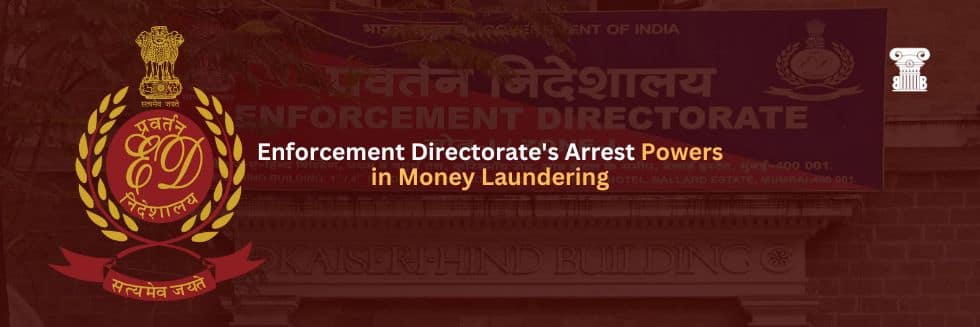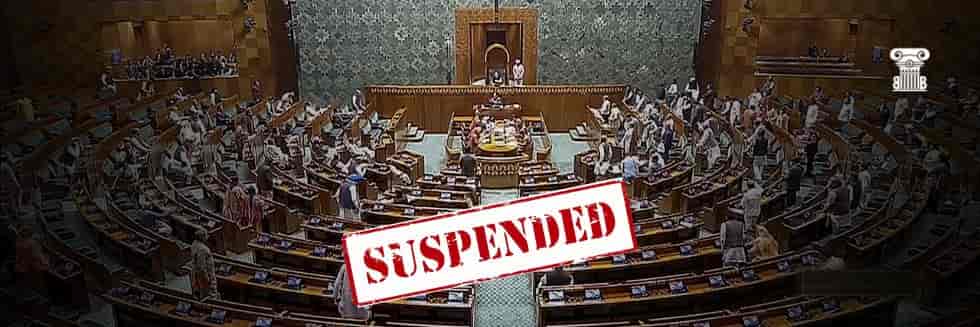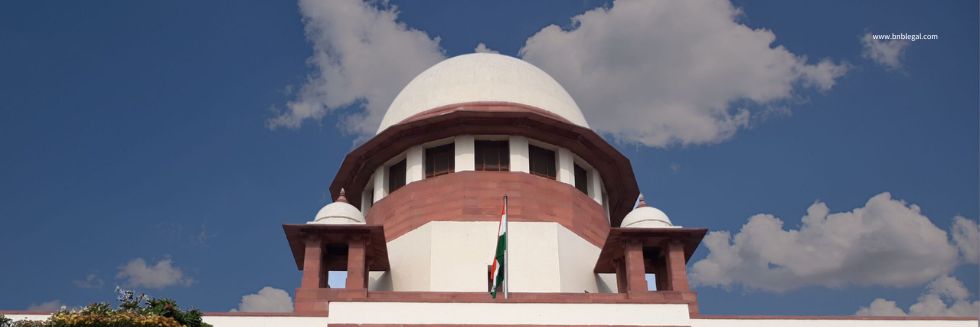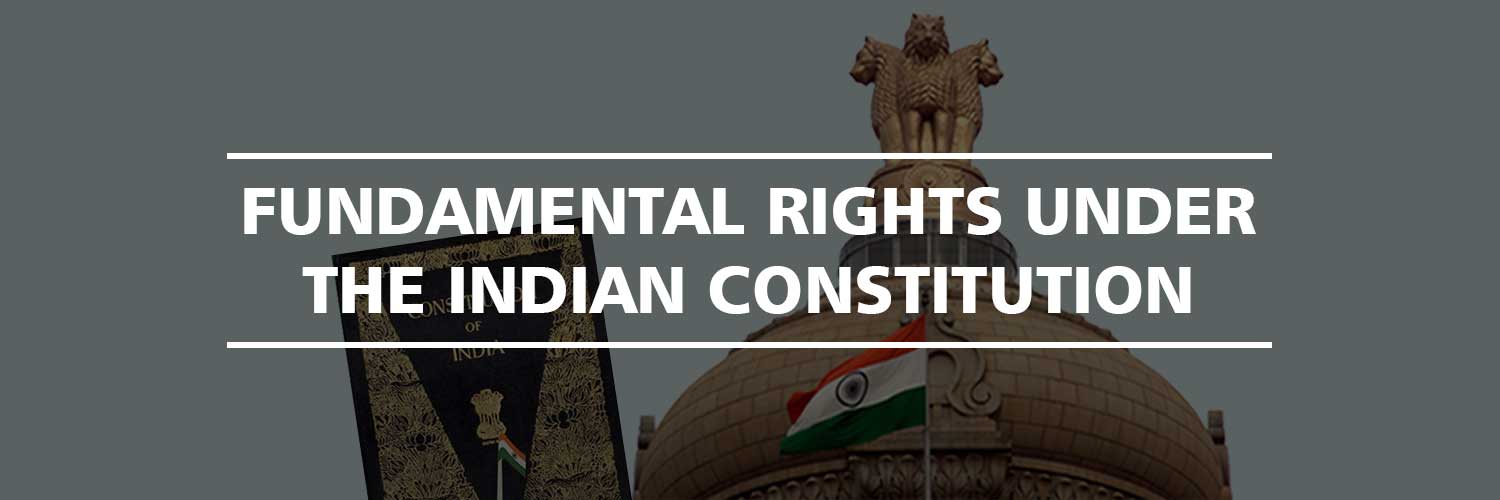Introduction
Article 309 of the Constitution of India confers power on the appropriate authority to regulate the recruitment to the public services of the Union or of any State. It enables the Executive to make recruitment to the governmental services. However, this power of the Executive is subjected to the provisions of the Constitution and the provisions of any Statute enacted by the appropriate Legislature. It has been held that the creation and abolition of a post is the prerogative of the Executive.
The Executive may exercise this power, either by making rules under the proviso to Article 309 or by issuing rules/instructions in the exercise of its executive power.[1] However, while exercising its power, the Executive must act fairly, consistent with the provisions of the Constitution, as also the provisions of relevant Statutes and Statutory Rules.[2]
Normally, the appointments to government services are made through the prescribed agency. But exigencies of administration may sometimes call for making of ad hoc or temporary appointments. It has been held that the power to make ad-hoc may be visualized to tide over unforeseen exigencies.[3] The object behind the exercise of this power is to run a smooth administration.
Meaning of Ad-Hoc Appointment
Literally, the term “ad-hoc” means “arranged or done for a particular purpose only.” It means “something which is formed for a particular purpose.” Referring to Black’s Law Dictionary, the apex court in Rudra Kumar sain V. Union of India,[4] distinguished between the terms “ad-hoc”, “stop-gap” and “fortuitous”, which are in frequent use in service jurisprudence. The Apex court said:
“The expression “fortuitous” means “occurring by chance”, the expression “ad-hoc” means “something which is formed for a particular purpose” and the phrase “stop-gap” means “a momentary way of dealing with the problem or satisfying a need”.
Appointments made for a particular purpose without a hint to wider application or employment would fall into the category of appointments on the ad-hoc basis. Such appointments must be considered in the background of the services under the rulemaking control of the government. If a very wide meaning is given to the term ad hoc, it can be said that all post requiring specialized knowledge are ad hoc as appointments are made thereto for a particular purpose and not for any general purpose. [5]
Ad-hoc appointments are generally made when there is a temporary vacancy. It may also be that the service rules may themselves provide for the making of ad hoc appointment.[6]
The court further cleared up that if an appointment was made to meet the emergency arising on account of delay in completing the process of regular hiring to the post due to any reason and it was not possible to leave the post unfiled till then and to meet that emergency an appointment was made, then it could appropriately be called as a “stop-gap” arrangement and appointment in the post as “ad hoc” appointment. The court further said that it was not possible to neither lay down any straight jacket formula nor give an exhaustive list of circumstances and situations, in which an ad hoc appointment could be made. Such appointments are expected to be stop-gap temporary appointments to serve the stated goal and not long-term ones.[7]
But merely because there were no relevant service rules for recruitment to the post, it cannot be assumed that such appointment has been made without any selection and, as such appointment would attract the expression “ad hoc”. The question, as to whether an appointment is “ad hoc”, has to be answered on the basis of relevant factors, namely, the nature of the post, the nature of test or selection held for the filling up the post, the period of duration with which incumbent availed the post and all other relevant materials.[8]
AD-HOCISM- Arbitrary and Discriminatory
Ad-hoc appointments, an easy way of entry, usually from the back door, at times even in disregard of rules and regulations, are comparatively recent innovations in the service jurisprudence. The infection is said to be widespread in Government or semi-government departments or State financed institutions. The Apex Court has depreciated the regularization and absorption of persons working as part-time employees or on ad hoc basis, as it has become a common method of allowing back door entries.[9]
In Rattan Lal v State of Haryana,[10] the Supreme Court held the policy of “ad-hocism” followed by State Government for a long period had led to a breach of Article 14 of the Constitution. Under this policy, the State Government had been appointing teachers for quite some time on an ad-hoc basis for short periods within acceptable reasons. Appointments were made for the short period without logical reason. In some cases, the appointments were made for a period of six months only and they were revived after the break of a few days. These ad hoc teachers were refused the benefit of summer vacations as also the salary and wages payable in respect to that period and to all other privileges such as casual leave, medical leave, etc. illogically on account of this damaging system of appointment adopted by the State Government. They were unnecessarily subjected to an arbitrary “hiring and firing “policy. The Apex Court held that though the Government was expected to function as a model employer, yet it appeared to be exploiting the situation. Such a situation, the Court said, could not be approved to last any longer.[11]
Emphasizing that education was dire need of the country and the constitutional obligation of the State to secure the right to education for all citizens, the Supreme Court in Rabinarayan Mohapatra v State of Orissa,[12] disapproved the ad-hocism in teaching appointments. The Court held that an appointment on 89 days basis with one day break, which deprived the teachers of his salary for the period of summer vacations and other services benefits, was wholly arbitrary and suffered from the vice of discrimination. In order to make the existing educational set –up effective and efficient, the Apex Court ruled that it was necessary to do away with ad-hocism in teaching appointments.
Procedure for Making Ad hoc Appointments
The executive is vested with power, the subject of course, to a law made by the appropriate Legislature, to make provisions for regulating the recruitment to public services. This power, however, should be exercised fairly, ensuring a fair deal to every person consistent with the requirements of Article 14 and 16 of the constitution. Further, the State should not exploit its employees nor should it seek to take advantage of helplessness and misery of either the unemployed persons or the employees as the case may be.
Even in making ad hoc appointments, the State must adopt some procedure logical with the requirement of Article 16, except in exceptional situations where the appointments require no delay whatsoever. Appointments made by pick and choose the method in an irrational manner inconsistent with the requirement of Article 16 are liable to be quashed by the Courts. It has been highlighted that for making ad hoc appointments person should ordinarily be taken from the Employment Exchange. In case no candidate is sponsored by the Employment Exchange, some appropriate method rational with Article 14 and 16 should be followed.
[1] State of Haryana v Piara Singh, AIR 1992 SC 2130.
[2] A. B. Krishna v State of Karnataka, AIR 1998 SC 1050.
[3] J. & K. Public Service Commission v Narinder Mohan, AIR 1994 SC 1808.
[4] AIR 2000 SC 2808
[5] Justice T.S Doabia, “The law of Services and dismissals”,4th edition, vol1, Nagpur, pg-756
[6] Ibid at pg- 755
[7] J. M. Puthnparambil v Kerala Water Authority, AIR 1990 SC 2228.
[8] Ramesh K. Sharma V. Rajasthan Civil Services, AIR 2001 SC 362
[9] Ashwani Kumar v State of Bihar, AIR 1997 SC 1628.
[10] AIR 1987 SC 478.
[11] Daily Rated Casual Labour (P. & T.) v Union of India, AIR 1987 SC 2342.
[12] AIR 1991 SC 1286.









